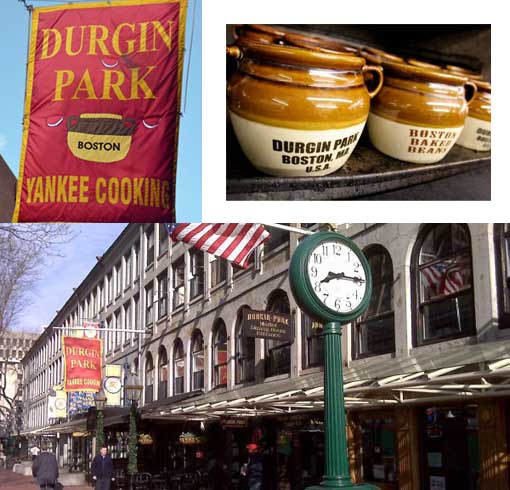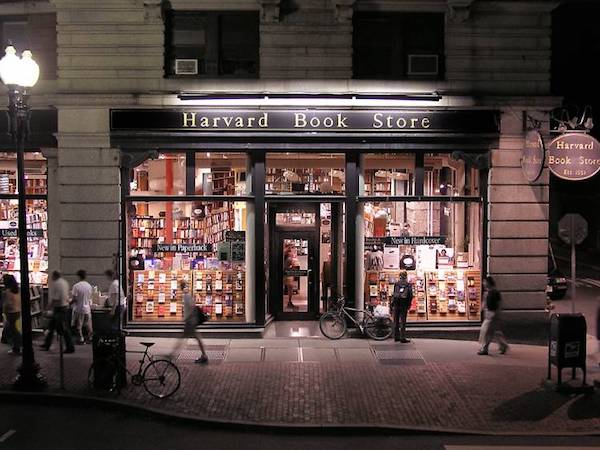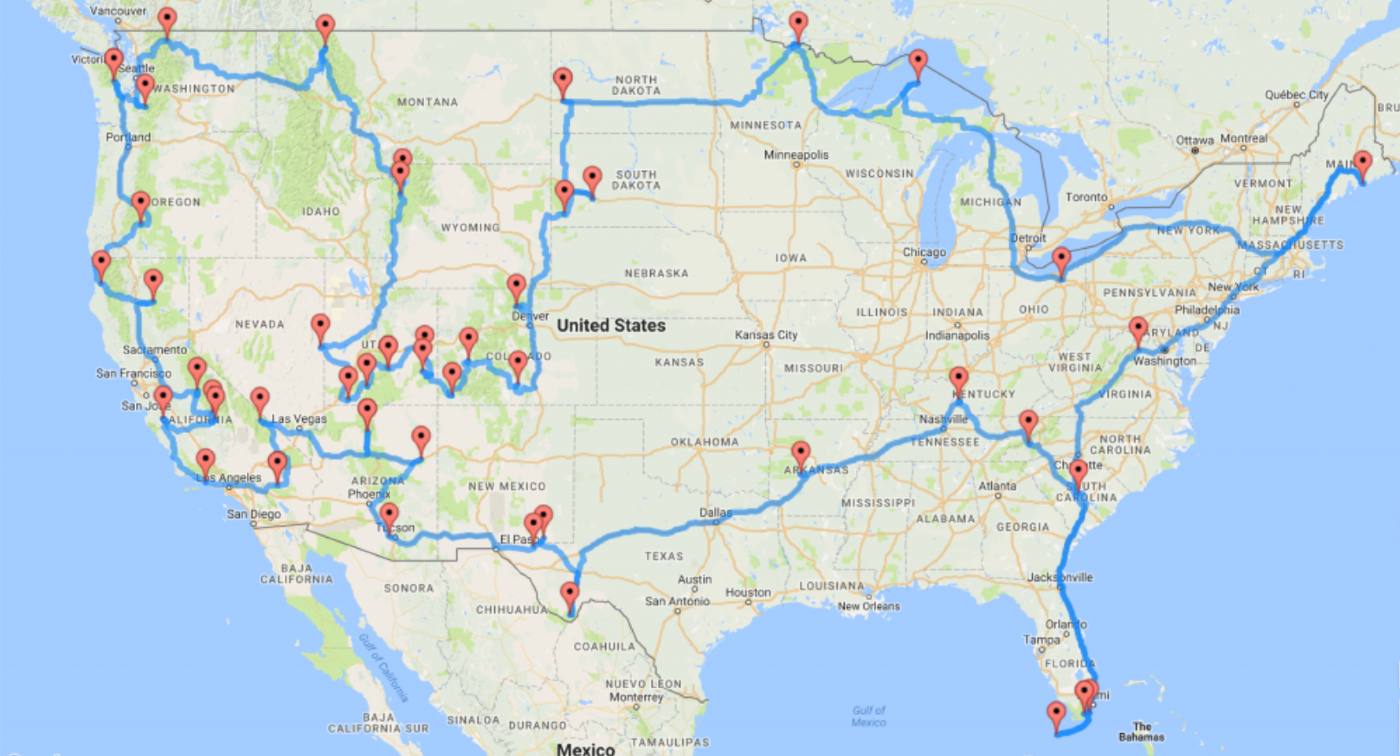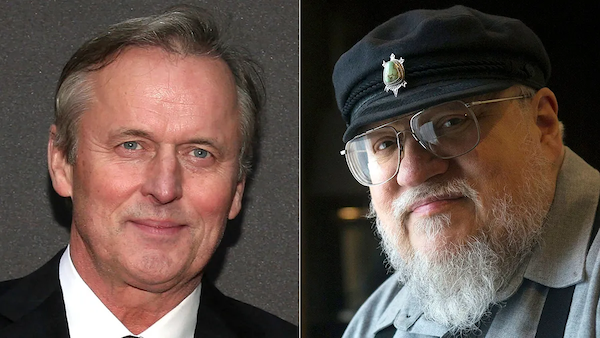 ” class=”wp-image-167″/>
” class=”wp-image-167″/>
(quote)
04 January, 2019
Owner cites minimum wage hike in closing of landmark Boston restaurant opened in 1827 when John Quincy Adams was president
Massachusetts has been among the national leaders in the race to raise the minimum wage. In 2014, then-Gov. Deval Patrick signed a law raising the minimum wage from $8 to $11 by 2017. Then, last year, Gov. Charlie Baker followed up by signing legislation that increased the wage to $12 as of this Jan. 1, and to $15 per hour by 2023. The minimum wage for tipped workers increased to $4.35 this year, on its way to $6.75 by 2023. Economic studies on minimum wages throughout the world, while not unanimous, have overwhelmingly concluded that increasing the minimum wage leads to fewer jobs, particularly among the lowest-skilled workers.
Durgin-Park, the Historic Boston Eatery “Established Before You Were Born”
Serving up a the finest in Yankee comfort food, Faneuil Hall’s Durgin-Park is one of Boston’s most iconic historic eateries. Durgin-Park is one of Boston’s most iconic historic eateries, and its Faneuil Hall location makes it the perfect place to enjoy a plate (or two) of classic Yankee comfort food.
The folks at Durgin-Park describe their establishment this way: For well over a century, Durgin-Park has catered to the hearty appetites of straw-hatted, white-aproned, market men and local characters. Take part in Boston history as you step into one of the oldest continuously running establishments in the country.
So what’s the full story? In 1742, Peter Faneuil built a large market house near the Boston waterfront, and before long, a nearby warehouse housed a small dining room. In 1827, a customer named Eldridge Park bought the restaurant with local merchants John Durgin and John Chandler, giving the restaurant its new name — Durgin-Park.
Chandler spent the next six decades running Durgin-Park with his son and grandson, Jerry Chandler, but when Jerry was killed in WWII, the restaurant was sold. The new owner, James Hallett, put the poem “Just a Boy” on the back of the menu to honor Jerry and all the other fallen soldiers. You’ll still find it there today.
In the coming years, Durgin-Park’s iconic status continued to grow, as did the reputation of its famously tart-tongued waitresses. In 1976, Hallett sold Durgin-Park to the Kelley/Solimondo family, and more recently, it was was sold to the New York-based Ark Restaurant Corporation (“who wouldn’t change a thing,” they say).
One thing I love about Durgin-Park is how it’s both welcoming and welcomed by locals and tourists alike. After all, who could resist a big old plate of comfort food smack dab in the middle of historic Boston? The menu at Durgin-Park is built around traditional New England-style dishes with a emphasis on fresh, local seafood and comfort classics like prime rib and baked beans.
Following tradition, much of the seating is communal at long tables covered in cheerful red checked cloths. Customers are encouraged to get to know one another at Durgin-Park, if that’s something they’re into. This is especially nice in an age where most diners have one eye permanently fixed to their phone screens. If you’re lucky, you may also be treated to authentic Durgin-Park experience if you get one of its seasoned waitresses. They still know how to serve up a side of gruff along with the Yankee Pot Roast, but don’t worry — it’s mostly for show.
After enjoying the atmosphere, there was nothing left to do but eat something. And since it was too soon after lunch for something big, I ordered up a single bowl of one of the restaurant’s most popular desserts — the heavenly Indian Pudding, and dug in.
Could there be a better way to spend an hour in bustling Faneuil Hall is there than in one of Boston’s most famous historic dining spots?
Have you ever visited Durgin-Park? (published in 2015)
Sorry too late to ask, now
A poem, my father wrote down, just after I was born in 1951. The poem is posted outside of a restaurant called “Durgin Park” in Boston, Mass.
The original author remains unknown
Just a Boy
Get to understand the lad,
He’s not eager to be bad.
If the right he always knew,
He would be as old as you.
Were he now exceedingly wise,
He’d be just about your size.
When he does things that annoy,
Don’t forget he’s just a boy.
Could he know and understand,
He would need no guiding hand.
But he’s young and hasn’t learned,
How life’s corners must be turned.
Doesn’t know from day to day,
There is more to life but play.
More to face than selfish joy,
Don’t forget he’s just a boy.
Being just a boy he’ll do much,
You will not want him to.
He’ll be careless in his ways,
Having his disobedient days.
Willful, wild and headstrong too,
He’ll need guidance, kind and true.
Things of value he’ll destroy,
But reflect – he’s just a boy.
Just a boy who needs a friend,
Patient, kindly to the end.
Needs a father who will show him,
The things he wants to know.
Take him with you when you walk,
Listen when he wants to talk.
His companionship enjoy –
Don’t forget he’s just a boy
(unquote)
Photo courtesy Zagat, New England Today / Aimee Seavey, and Haute Living






